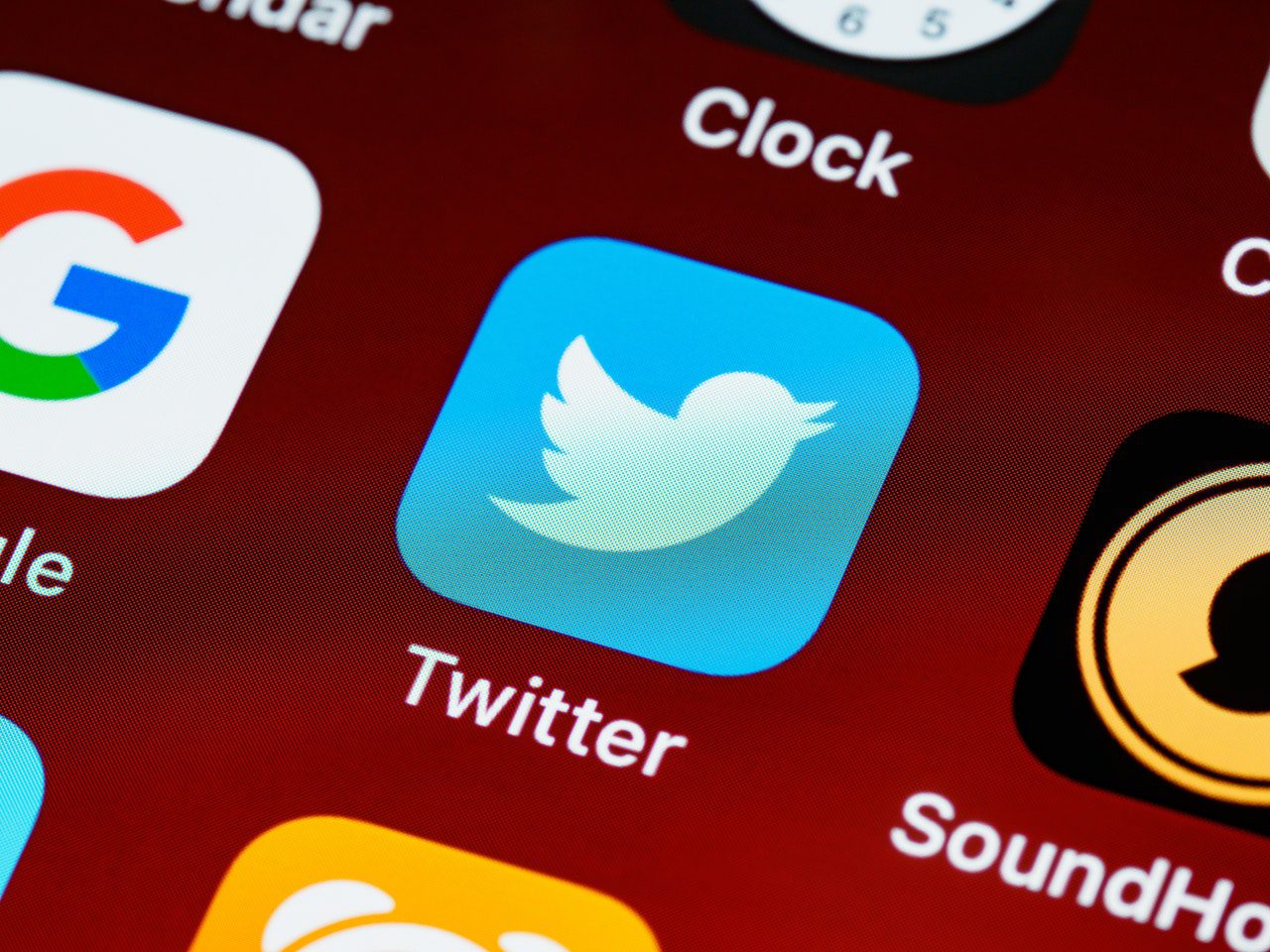![]() Originally written for The Australian.
Originally written for The Australian.
“I don’t care about the economics at all.”
That’s what Elon Musk said about his bid for Twitter at a TED Talk in Vancouver a few weeks back. And indeed, most of the media attention of late has pertained to his views on free speech and what his ownership might mean for the future of the world’s most popular place for public discourse.
These are very important issues that society needs to deal with urgently.
Regulating who can say what should be the job of democratically elected governments, not privately owned companies. But Twitter’s shareholders, including Forager, need to answer our own questions well before that issue will be resolved. Does Musk really not care about the economics? Or does he also spy an opportunity to make himself tens of billions of dollars?
Twitter is perhaps the most important media asset in the world. It is almost certainly the most sustainable of the social media giants. Beloved by geeks and wonks, it’s never going to be as cool as TikTok. But therein lies its strength – every generation has its geeks and wonks.
All of that should place Twitter among the most valuable social media assets. But it isn’t – not even close. Despite a share price shellacking for Meta over the past year, the owner of Facebook, Instagram and WhatsApp is still worth more than $US500 billion ($694 billion). And teen multi-media instant messaging app Snapchat is worth $US50 billion. That’s 60% more than Twitter’s $US30 billion valuation prior to Elon Musk turning up on the scene.
There are few companies in the world where there is such a gaping wide gulf between fair value based on today’s history of mismanagement and what the value of business would be under ideal stewardship and execution. So, Musk’s initially rebuffed approach to buy Twitter at $US54.20 per share had me in two minds.
At first, I thought that it was, perhaps, fair value for Twitter as it is today.
That bid has since been endorsed by the Twitter board and the company has entered into a definitive agreement to be acquired on terms largely unchanged from the original proposal. But it massively undervalues Twitter as it could and should be, and some of that potential belongs to Forager’s unitholders.
Part of me feels relief. A problem could be taken off our hands for a decent premium, and at a time when opportunities elsewhere abound. Executing Twitter’s difficult turnaround after years of falling short of potential while paying out immense, undeserved riches to staff? That’s now somebody else’s problem.
But what’s stronger is the feeling of disappointment.
I’m disappointed that, over the years, the Twitter board couldn’t do more to exploit that colossal gulf in value between what Twitter is and what Twitter could be. We’ve handed out billions of dollars of stock-based compensation to staff – including $US630 million in 2021 alone – for a product that is largely, sadly unchanged from what it was when the company listed a decade ago. A favourite past-time of regular users is to joke about how the ads they see couldn’t possibly be more irrelevant.
And now, as the baton is handed to Musk, that same board has done little to extract blood from the new owner to pay the old owners for all that unrealised potential.
Considering that the board itself is probably the main explanation for that yawning gap, I shouldn’t be surprised. But I am disappointed. I’d sensed change the past few years, but it wasn’t enough and didn’t come quick enough. We’ve done all right as a shareholder, but we should have done much better.
Musk is attempting to buy Twitter on a platform of delivering free speech to the world. I have no doubt he feels strongly about that. But I also think he’s going to make a lot more money than he’s letting on. Even if he doesn’t personally care whether the company makes a profit, his bid is backed by global investment banks including Morgan Stanley, Bank of America and Barclays. So you can rest assured that they have seen a business plan they like.
We remain convinced that Twitter’s owner can make immense amounts of profit. Unfortunately, though, it’s looking increasingly likely that isn’t going to be us.
The Forager International Shares Fund has holdings in Twitter and Meta.



